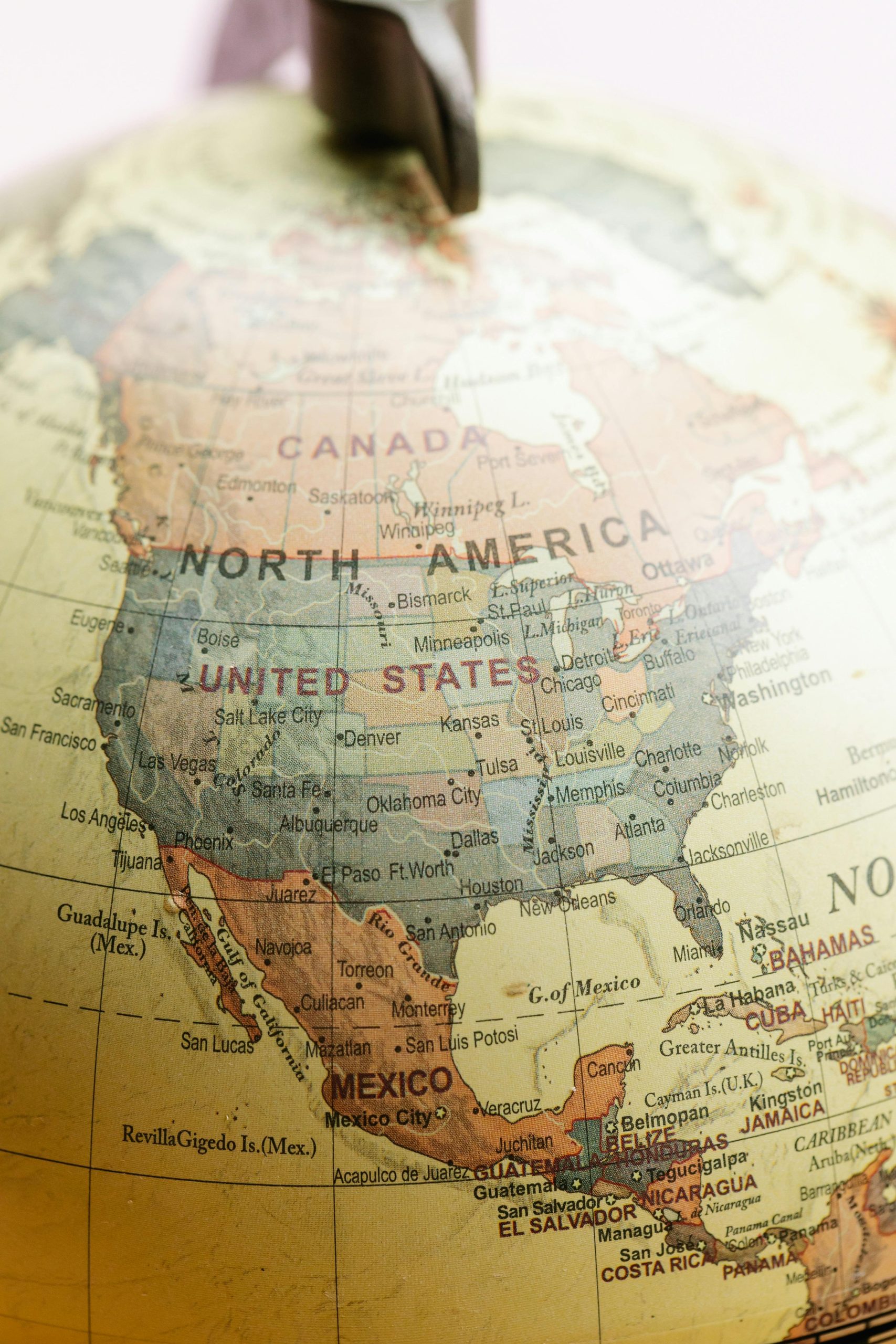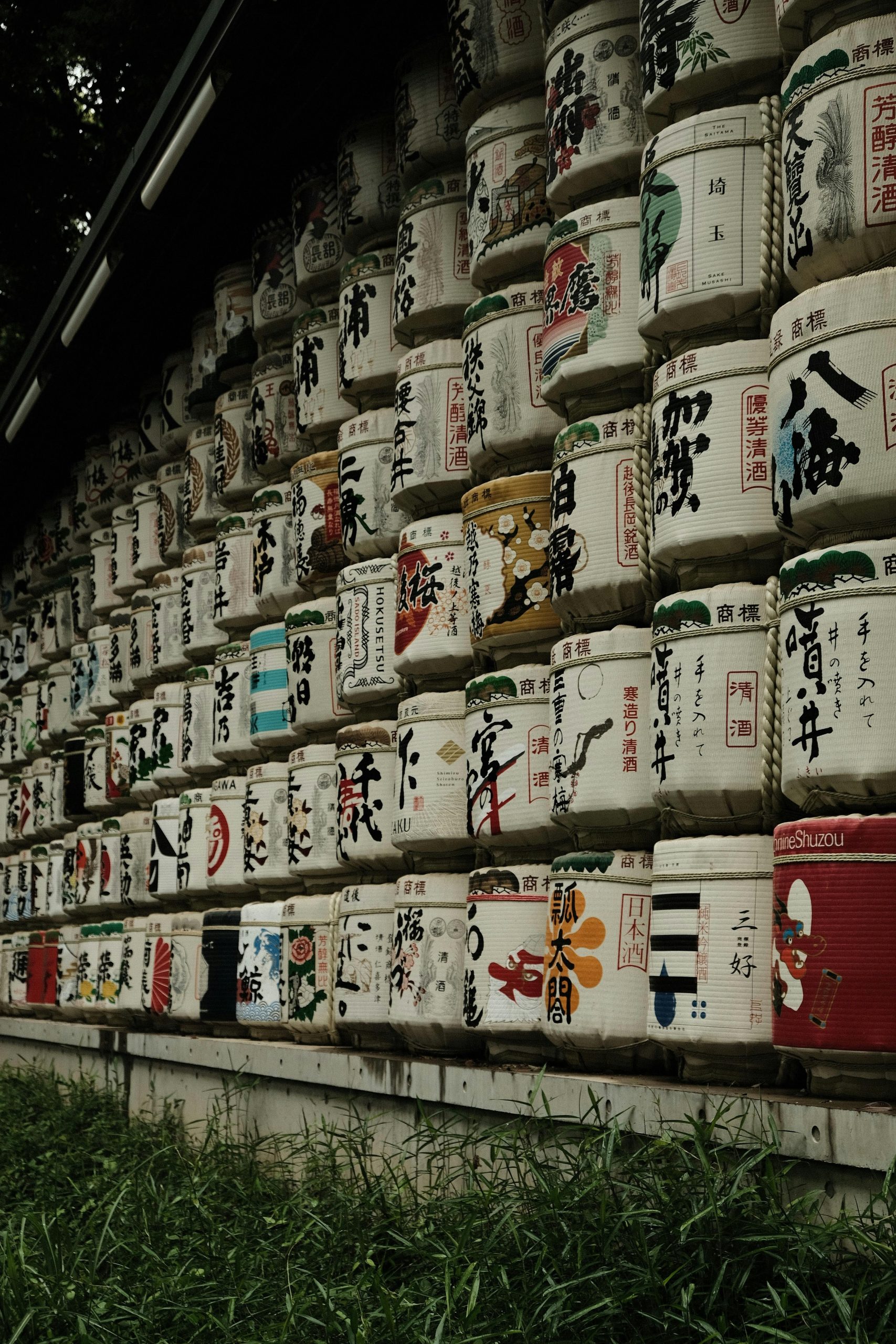The Complexities of Global Power: Understanding the Recent Violence in Iran
In a startling development, Israel has launched an attack on Tehran, marking a significant escalation in tensions within the region. Yet, international reactions appear to normalize this aggression, overshadowing the historical context that has contributed to such an outcome. It is crucial to examine the decades-long impact of U.S. and Western interference in Iran, which has laid the groundwork for the current cycle of violence, indicating that both Iran and Israel are entangled in a larger geopolitical struggle.
To understand the roots of this situation, we must look back to 1953, when the democratically elected Prime Minister, Mohammad Mossadegh, was overthrown by a U.S.-backed coup. This drastic maneuver was prompted by Mossadegh’s decision to nationalize Iran’s oil industry, thus challenging British and American economic interests. Following his ousting, the Shah of Iran, Mohammad Reza Pahlavi, was installed as a Western ally, ruling with an oppressive grip until the Iranian Revolution in 1979. During his reign, widespread human rights abuses were committed, as his regime engaged in the torture of dissenters and maintained a notorious secret police presence, all the while rendering Iran a hub for Western corporate interests.
The Iranian Revolution was a powerful response from a nation that had endured years of authoritarianism. The people rejected the Shah’s regime and sought to assert their autonomy, leading to a profound shift in their national identity and relationship with Western powers. Today’s Iran has a rich history of resistance to foreign domination, which begs the question: why would they trust the very countries that undermined their sovereignty?
Now, several decades later, the geopolitical landscape is filled with U.S. military bases surrounding Iran, and nuclear arsenals held by neighboring nations. To many observers, this raises an uncomfortable paradox: how is it that Iran, a nation with no confirmed nuclear weapons, is portrayed as the principal threat? The memories of Iraq and Libya serve as cautionary tales for a country that is now aware of the consequences of disarmament.
In a new turn of events with Israel’s recent strike on the Iranian capital, the global response is telling; while an attack on Washington, D.C., would elicit an immediate international crisis, the bombing in Tehran is framed as a necessary defense by some media outlets. This disparity reveals a troubling double standard, highlighting how narratives around peace and democracy often mask deeper geopolitical motivations.
Ultimately, the actions against Iran



